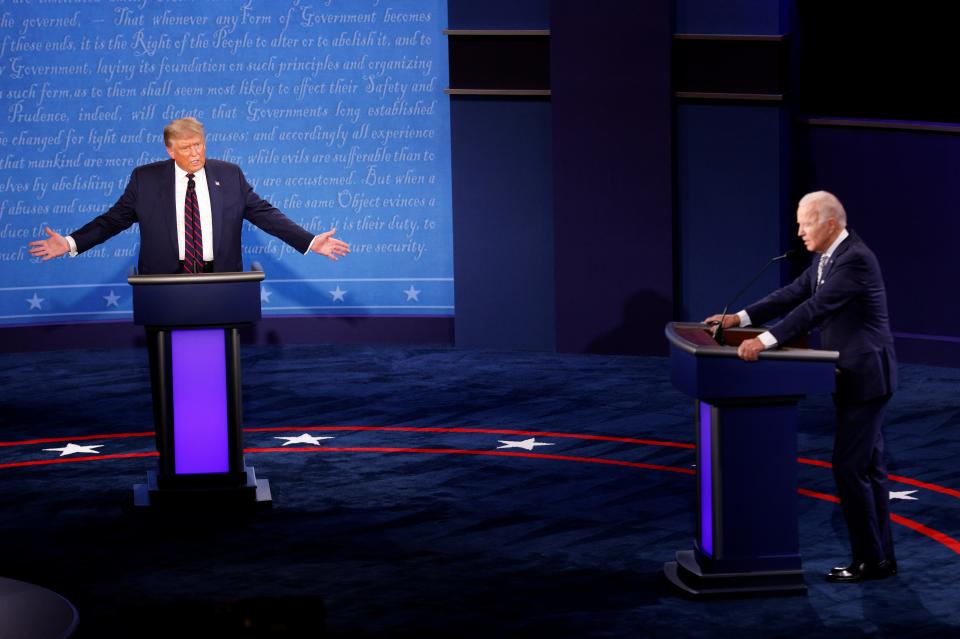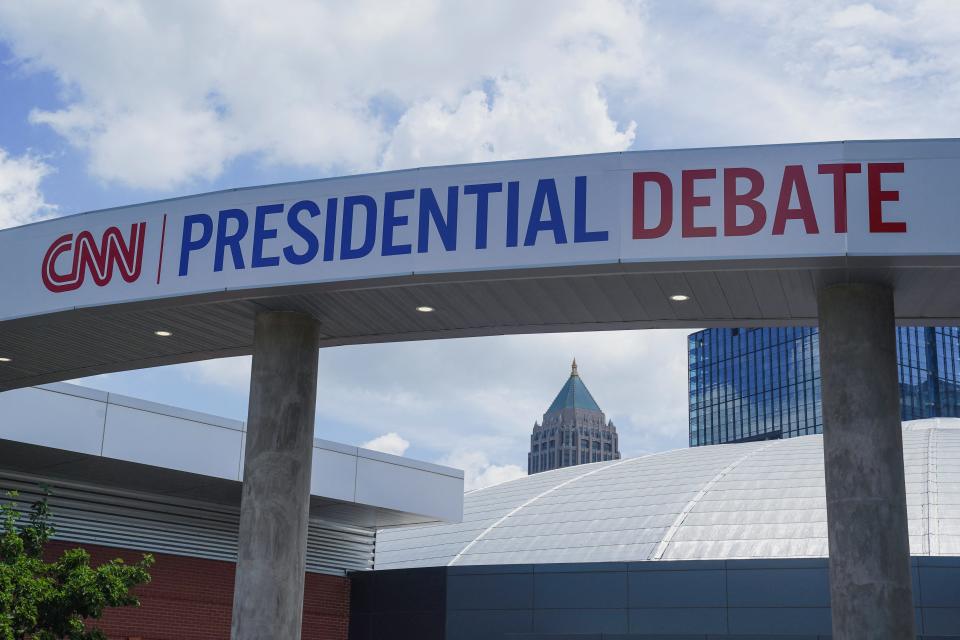Muted mics and no notes: How presidential debate rules may affect Biden and Trump
President Joe Biden and Donald Trump are set to clash again on stage in Atlanta this Thursday, marking their first face-to-face encounter in four years. The agreement between both campaigns to go to the networks directly vs. through the Commission of Presidential Debates breaks the decades-old tradition of three autumn debates.
Dubbed the "CNN Presidential Debate" and moderated by anchors Jake Tapper and Dana Bash, the Atlanta-based network is implementing a series of new rules to shape the dynamics of the 90-minute event and prevent a repeat of the chaotic scenes from past debates.

One of the most significant changes in this debate is the use of muted microphones. This measure ensures that each candidate can speak uninterrupted during his allotted time, addressing a frustrating issue from past debates in which interruptions were rampant. Additionally, no live studio audience will be present, eliminating immediate reactions to candidates’ remarks ? a setting that some believe could have favored Trump’s energetic style in the past.
Both candidates will stick to a simple setup, with only a pen, paper and water allowed on stage. Importantly, prewritten notes will not be permitted, nor will sitting be allowed, adding an element of spontaneity and focusing the debate on genuine responses rather than scripted statements.

Commercial breaks will also be included, offering no opportunity for consultation with campaign teams, a departure from traditional debate formats overseen by the debate commission.
The decision to switch off a candidate’s microphone when it’s the opponent’s turn to speak and the absence of a partisan audience are efforts to foster a more substantive and civil exchange on policy rather than personal attacks ? a hallmark of their previous encounters. But the shift from the debate commission's oversight and including commercial breaks have drawn criticism from some quarters.

Critics might argue that commercializing the debates could lead to shorter, less substantive responses aimed at generating conflict and sound bites rather than providing meaningful information to voters.
Despite these controversies, anticipation remains high for potential dramatic moments between the two candidates, given their history of spirited exchanges. The debate, featuring two former presidents in contention, is expected to draw significant attention as the 2024 election cycle gains momentum.
Tune in to the "CNN Presidential Debate" on Thursday, June 27, at 9 pm ET on CNN or simulcast on USA TODAY.
Jeremy Yurow is a politics reporting fellow based in Hawaii for the USA TODAY Network. You can reach him at [email protected] or on X, formerly Twitter @JeremyYurow
This article originally appeared on Arizona Republic: Debate rules for Thursday may impact presidential candidates
